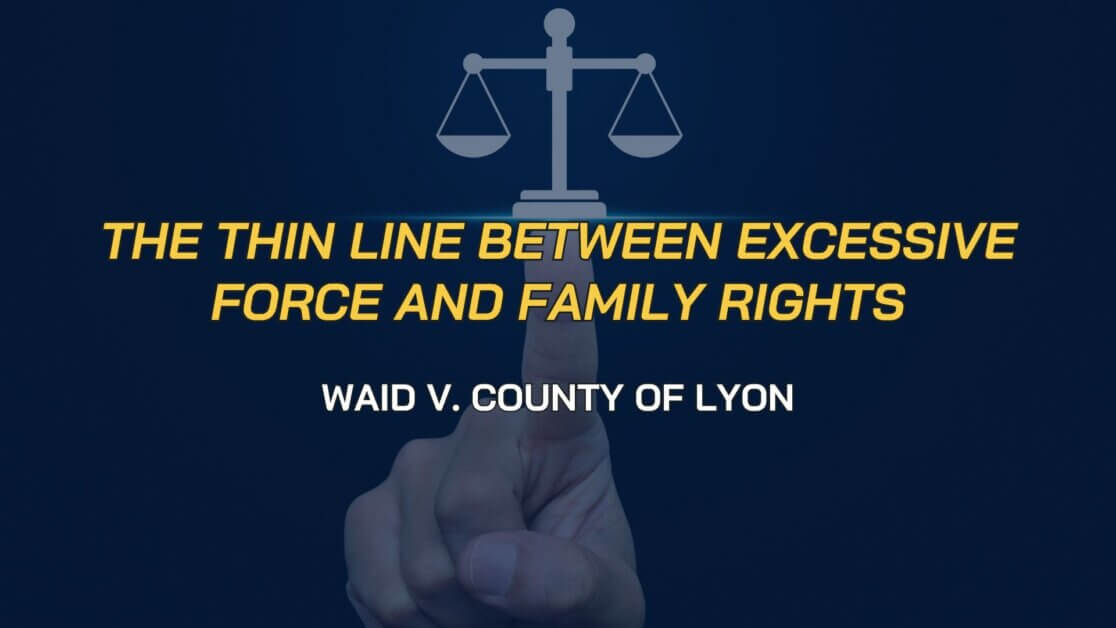Written By: Chief Thomas Grimaldi, Bristol Police Department, Bristol, CT
Every police department, at one time or another has had its low points. Some, more serious and more infamous than others. One only needs to look back into history books to identify police departments clouded by scandals. In 1971 the Knapp Commission uncovered corruption in New York City Police department, later chronicled in the movie Serpico. The late 1980’s brought us a look into the Miami, FL Police Department in which nearly 10% of the force was suspended or fired after a drug related scandal. [1] And, in 1998 the investigation into the Rampart Division of the Los Angeles Police Department was labeled as one of the most widespread police misconduct cases in United States history. Each scandal or issue affected those police department in a severely negative fashion.
While the three examples cited are extreme cases, there are hundreds, if not thousands of more incidents in our police departments that adversely affect how we operate. Issues such as abuse of sick leave, rouge officers, and negative attitudes may not equal the scope of those cited, but they do have some commonalities. The biggest is the loss of public trust and the loss of spirit by the many good officers we serve with.
To combat those issues, we, as leaders must ACT. ACT is an acronym that I created to help guide me in rebuilding the Bristol Police Department. It stands for accountability, consistency, and transparency. These three simple values can help guide any leader in building a sturdy foundation in which to rebuild a police department.
ACCOUNTABILITY
Accountability is defined as an obligation or willingness to accept responsibility, or to account for one’s actions.[2] Often, we throw this word around without much thought behind it. Yet, most law enforcement professionals will agree that accountability is paramount to the affective operation of any police department.
An important concept of accountability, and the first step, that is often forgotten about or neglected is the act of clearly conveying what the expectations are and to establish some reasonable goals. How can we hold someone accountable if they and we don’t know what they are responsible for? It seems like a simple concept, but is often forgotten.
Of course, we must be accountable to the public who we protect and serve on a daily basis. We must also hold our officers and ourselves responsible to properly address the community’s concerns with integrity and professionalism. When our officers and we know what is expected and the department’s mission and vision is clear, accountability is more easily achieved by all. If officers fail to meet the mission due to negligence or intentional acts, action must be taken swiftly. Failure to do so will likely result in a lack of public confidence, a deterioration of morale from the many officers who adhere to, and believe in the police department’s mission, and will certainly communicate the wrong message. If the officer(s) in question are not adequately addressed in a timely manner, those remaining officers that do believe in the mission will quickly become non-believers.
We, as leaders of our organizations must also be accountable to our officers and civilian employees. We must provide the support and tools needed to properly enforce the laws and serve our communities. They are looking for competent leadership, which includes having clear expectations, being treated fairly, and being consistent. This leads me to the “C” in ACT.
CONSISTENCY
Consistency in policing, providing services to all citizens and in dealing with our officers is of very high importance. Inconsistency can be viewed as arbitrary and selective policing. This issue alone has been the disgrace of many a police department.
As law enforcement professionals we must be consistent in the services we provide to all of our citizens. Again, failure to do so results in the loss of public confidence and the wrong message being communicated to our officers. As stated earlier, if strong, clear expectations are conveyed and supported along with the authority to meet them, officers will more likely be consistent in their approach to all calls for service to all citizens.
We must also be consistent in the treatment of our officers. When an officer is found responsible of wrongdoing, he/she must be held accountable in a swift, fair, and consistent manner for the violation. Subjective personal feelings cannot be allowed to creep into the decision making process when evaluating the need, or amount of discipline to be conferred. Conversely, when an officer is commended for a job well done, that too must be consistent and not overstated or understated.
Transparency
Public trust effects each of us. From the chief of police to the newest patrol officer, public trust and confidence in a police department can make each of our jobs easier. Equally, lack of public trust and confidence has the potential to turn our jobs into a nightmare. Being an “open book”, or transparent will assist in gaining trust from the public and confidence from our own officers.
When one truly believes and subscribes to the notion of transparency, it becomes part of the decision making process and decreases the chance of an embarrassing story on the evening news or a destructive headline in the following day’s newspaper. Simply put, transparency has a tendency to force one to act accordingly! When the message of transparency is consistently expressed throughout the police department, it will help instill trust and confidence from citizens and officers alike.
Conclusion
While a police department’s reputation can be destroyed in the blink of any eye, rebuilding a police department can be a lengthy project. When morale may be at an all-time low, citizens’ attitudes toward the police may be resentful, and officers are no longer proud of the police department they work for, it would be easy to pack it in and call it a career. However, true leaders accept the challenge of restoring public confidence in his/her police department and its’ officers.
While it may be impossible to overcome all negative comments or issues within a police department, we must understand that there are certain factors we can control to help re-establish our police department as a professional and vital part of the community. Utilizing the concepts of ACT (accountability, consistency, and transparency) will help guide one on the path of rebuilding the reputation of a police department. Failure to ACT would be a mistake.
This publication is produced to provide general information on the topic presented. It is distributed with the understanding that the publisher (Daigle Law Group, LLC.) is not engaged in rendering legal or professional services. Although this publication is prepared by professionals, it should not be used as a substitute for professional services. If legal or other professional advice is required, the services of a professional should be sought.



